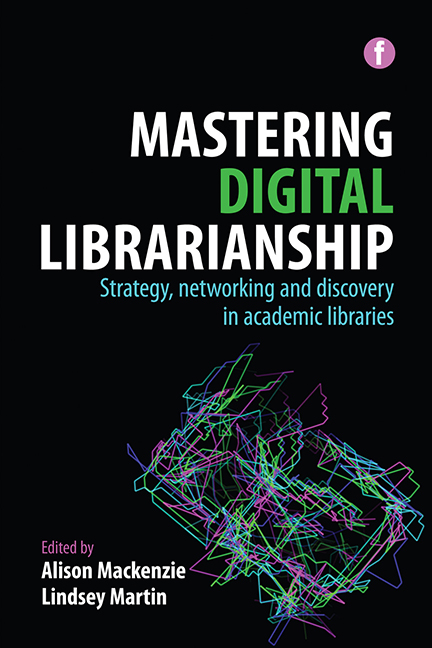5 - Supporting early-career researchers in data management and curation
Published online by Cambridge University Press: 13 September 2022
Summary
Introduction
While scholarly publishing remains the key means for determining researchers’ impact, international funding body requirements and government recommendations relating to research data management (RDM), sharing and preservation mean that the underlying research data is becoming increasingly valuable in its own right. This is true not only for researchers in the sciences but also in the humanities and creative arts as well. The ability to exploit their own and others’ data is emerging as a crucial skill for researchers across all disciplines. However, despite earlycareer researchers being ‘highly competent and ubiquitous users of information technologies generally’ there appears to be a widespread lack of understanding and uncertainty about open access and selfarchiving across the research communities (Jisc, 2013).
This changing landscape will impact most keenly upon academic libraries over the next few years as they work with infrastructure and support systems to identify and maintain access to an array of research data outputs. Taking a largely UK perspective and drawing upon the work of the Digital Curation Centre (DCC),1 a centre of expertise in digital curation, this chapter will explore some of the background to what is currently a shifting research data landscape. It will provide a context for examining the role of the library as part of institutional infrastructure and consider how academic librarians might support earlycareer researchers.
Building shared understandings: research data, its management and curation
Shared concepts of what comprises research data, its management and curation are essential for ensuring that researchers are able to adhere to institutional and funding body policies and mandates. This section aims to explore the key concepts, practices and drivers relating to RDM from the library and librarian perspective.
Librarians need to understand what research data might include
Determining exactly what is meant by the term research data and what sorts of research outputs need to be considered is an ongoing challenge. Definitions vary across disciplines, funders and publishers. For anyone working to support researchers in managing and sharing their data within a higher education institution (HEI), it is essential that a clearly defined view of what constitutes research data is agreed early and endorsed at the right levels: research group, school, college, universitywide.
As a general guide, the DCC recommends that researchers should consider how they will maintain access to any research data that may be necessary for enabling the validation of their published research findings
- Type
- Chapter
- Information
- Mastering Digital LibrarianshipStrategy, networking and discovery in academic libraries, pp. 83 - 102Publisher: FacetPrint publication year: 2014
- 17
- Cited by



